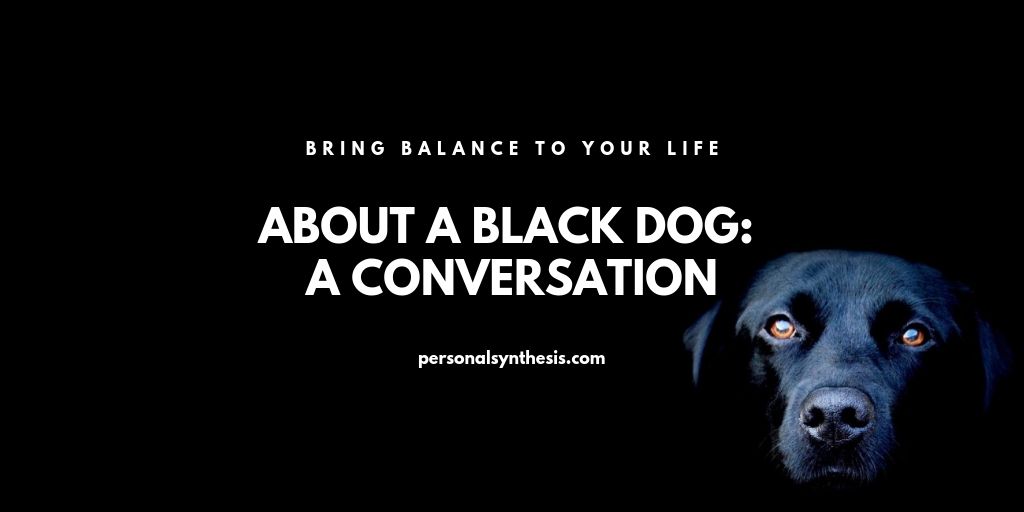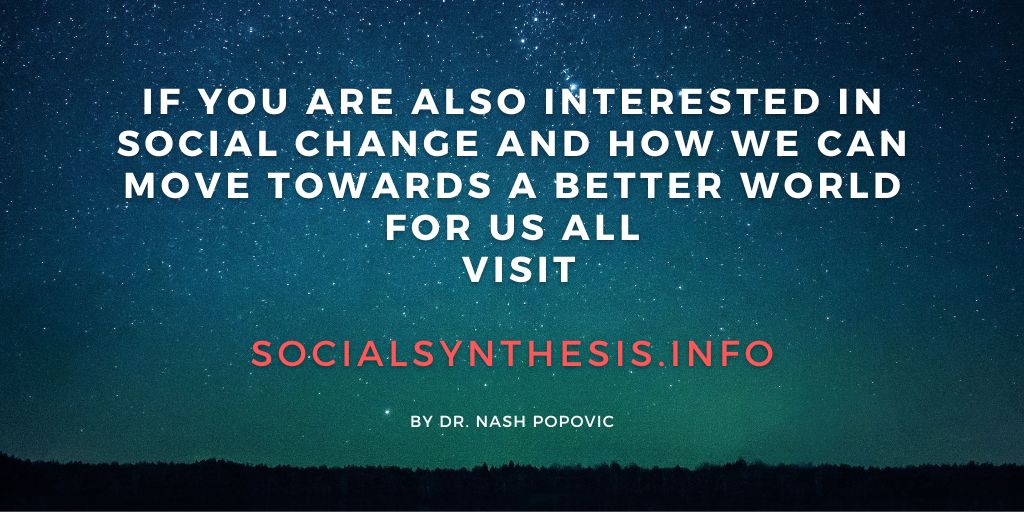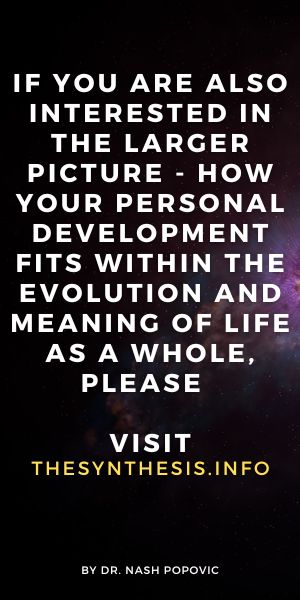About a Black Dog: a Conversation

Pedja Stankovic and Dr. Nash Popovic in conversation
Pedja: Yesterday morning, triggered by a bad night’s sleep and something that was going on outside (a sad and lonely dog in front of my building), I fell, out of the blue, into a quite depressive state. My old thoughts resurfaced: the amount of injustice and unhappiness everywhere is immeasurable, the only question is whether one wants to see it or not. I know, of course, that obsessing about it doesn’t take me anywhere, but sometimes I just don’t feel like protecting myself from it, because this is how things seem to be. Only, most people are usually too preoccupied with themselves to be bothered by such things.
I sometimes let myself experience this weight because otherwise I would ignore part of myself. I do sometimes wonder, though, whether I should fight this mood, or let it take me wherever it goes. To be honest, I haven’t found a satisfactory answer. I did what I could – I fed the doggy and I hope I helped him.
Nash: This topic is very close to me. It is interesting that these feelings often emerge not when we watch some great catastrophe, but when we notice something that may seem relatively small in the grand scheme of things – such as that dog. This is why it is difficult to explain to others, and few people show understanding.
Now, the question is: what do we do with it? I think the answer is, as always with such topics, somewhere in the middle. We shouldn’t suppress such feelings – after all our humanity comes out of them – but we shouldn’t let them take us too far.
Pedja: But how do we know when it is ‘too far’?
Nash: Of course there could not be a precise answer to this, but as a rule of thumb, if the sadness starts transforming into anger or rage you are going too far. Anger and rage do not lead to humanness, but to behaving as those who we rage about.
Pedja: Ok, I will bear that in mind. But what can we do if we feel that we are close to going too far?
Nash: Two things: one is to do something, as you already did – you fed the dog. I am sure you helped him, not necessarily physically long term, but by paying him attention. So even if it died next day, it would die with at least some good experience. The other thing we can do is to avoid black and white thinking. Yes, people can be very selfish and self-centred, but there is also an admirable side of people: they can be cooperative, they can help other people and animals and even make sacrifices for them.
The cynics like to say that every altruistic act has a selfish motive, but this is an unsubstantiated claim. I have no doubt that there are both sides of human nature. It sometimes looks to us like the selfish side is taking over or winning, and this is often true, but, if we take a larger perspective, it seems that the other side is winning. After all, from a historical perspective, it has never been better than now. Until relatively recently wars, rape, torture, human and animal sacrifice, gladiators’ games, burning witches and other public executions were normal. Most of these things still happen, it is true, but on a much, much lesser scale. Yes, we are creating very dangerous global problems, but there are also many good people who work tirelessly in trying to solve them. This needs to be acknowledged too.
Pedja: Going back to my experience, I am somewhat concerned that ‘indulging’ in such feelings makes me weaker, less strong and resilient. Is there some truth in it?
Nash: This is precisely why so many people (particularly men) do not engage with such feelings. They would rather be tough guys. I must say that there is some truth in it but only short term. If you want to let the steam come out of a hot pot, you need to lift the lid, which may expose the inside temporarily. However, it actually increases resilience long term because it reduces the pressure inside.
Pedja: Just one more thing that still bugs me: we sometimes do not have the luxury of a personal retreat where we can think things through and attend to those feelings. Do we have to brush aside or suppress such feelings if we are busy or with others?
Nash: A good question. We too often ignore such feelings because there is always something urgent to do or we don’t want to display them in front of others. And this occasionally may be justified. If there is a real emergency we must put aside our feelings and act. But, most of the time other things that grab our attention are not actually so pressing and important that we cannot afford at least few moments to process our feelings. Our thoughts are like kids who clamour for attention. You can check it now. Try for a few moments just to sit peacefully and focus on your breathing. You will soon notice that there will be some thoughts jumping out with a great urgency – you must think about this and that right now, it cannot wait a few moments! And yet, in most cases, it can.
Pedja: Ha, ha, you are so right about this!
Nash: As for others, we all need to learn to share more. It is good to talk. This is one of the oldest ways to process your feelings (long before a ‘talking cure’ was invented). And processing feelings matters – they turn into lasting bad mood only if they are not processed. I bet that your own sharing this time helped you lift the gloom J
P: Indeed, I do feel lighter. By the way, you will be pleased to know the doggy is well, I saw it yesterday running around.
Personal Synthesis is a handy ‘one-stop-shop’ that brings together all the areas that play a vital role in our everyday lives, from self-awareness to intimate relationships. The materials are the result of twenty years of research and have evolved through the experience of running numerous personal development programmes with the general public, young people and university students.
To learn more, please visit the Personal Synthesis materials that cover this and many other topics.



